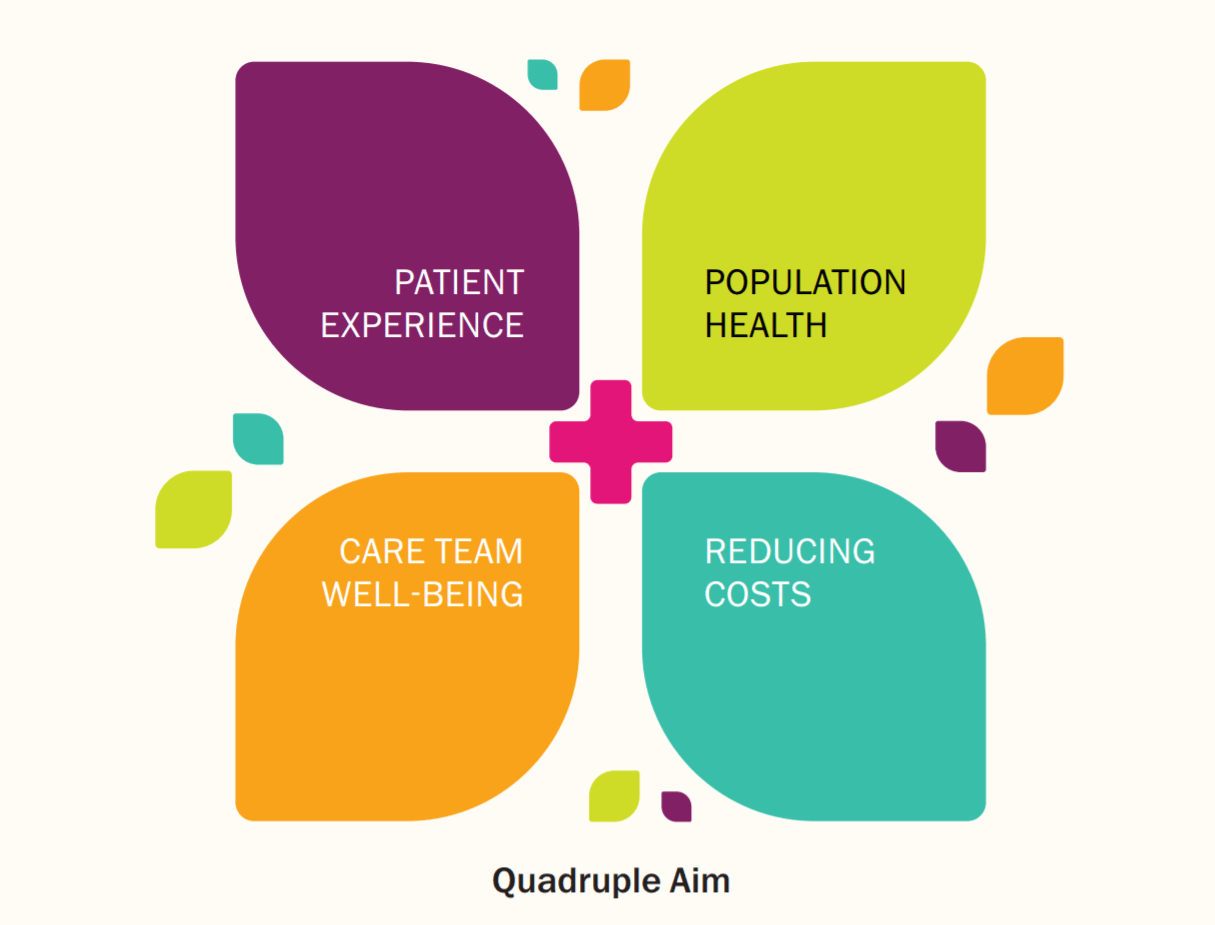
Traditionally, providers and health systems have relied on claims-based risk models, such as the CMS-HCC, ACG, and DxCG, which were built to forecast the risk of populations, but not at an individual level. While these models give a fairly good estimation of the risk of the population, they exhibit unsatisfactory estimation if used to predict the risk at an individual level.
Innovaccer Inc., a healthcare data activation company, has taken a major step towards revolutionizing the way we identify the high-risk patients and perform population health management with their in-house research on estimating the future cost of care based on past medical history, clinical and socio-economic data, and many other factors.
Their research paper, titled “Bringing Artificial Intelligence to Healthcare: Enhancing Risk Models to Predict the Future Cost of Care,” explores basics of risk scoring and stratification, historical models of risk determination, and how cutting-edge ML techniques such as AI and advanced regression algorithms are instrumental parts in the transformation to value-based care, from eliminating variations in care quality to ensuring accurate reimbursements.
Innovaccer’s model leverages advanced machine learning algorithms to adapt itself to the data and the goals of the user. The model analyzes data from multiple data sources including EHRs, social determinants of health, and claims data.
The algorithm uses an ensemble of 6 different regression models including Lasso and Elastic regression models and 62 independent features to predict the future cost of a patient. Due to the use of varied regression models, Innovaccer’s risk model is able to account for the outliers present in the data.
The AI-assisted machine learning algorithm has a Coefficient of Determination (R2) of 61.2%, which is highest among the leading models such as:
· ACG system (17.8%),
· DxCG system (24.7%), and
· CRG system (16.8%), among many.
In the concurrent model, the algorithm shows an accuracy of over 52% against other models such as the CMS-HCC model with the accuracy of just 12%.
“Every patient is different and just because the technology in healthcare is still stuck in the pre-internet era, healthcare needs an information superhighway that can open up the space for innovation,” says Abhinav Shashank, CEO and Co-founder at Innovacccer. “With this new research, we take a step ahead and move one step closer to preventive care.”
For more information, download the white paper below

